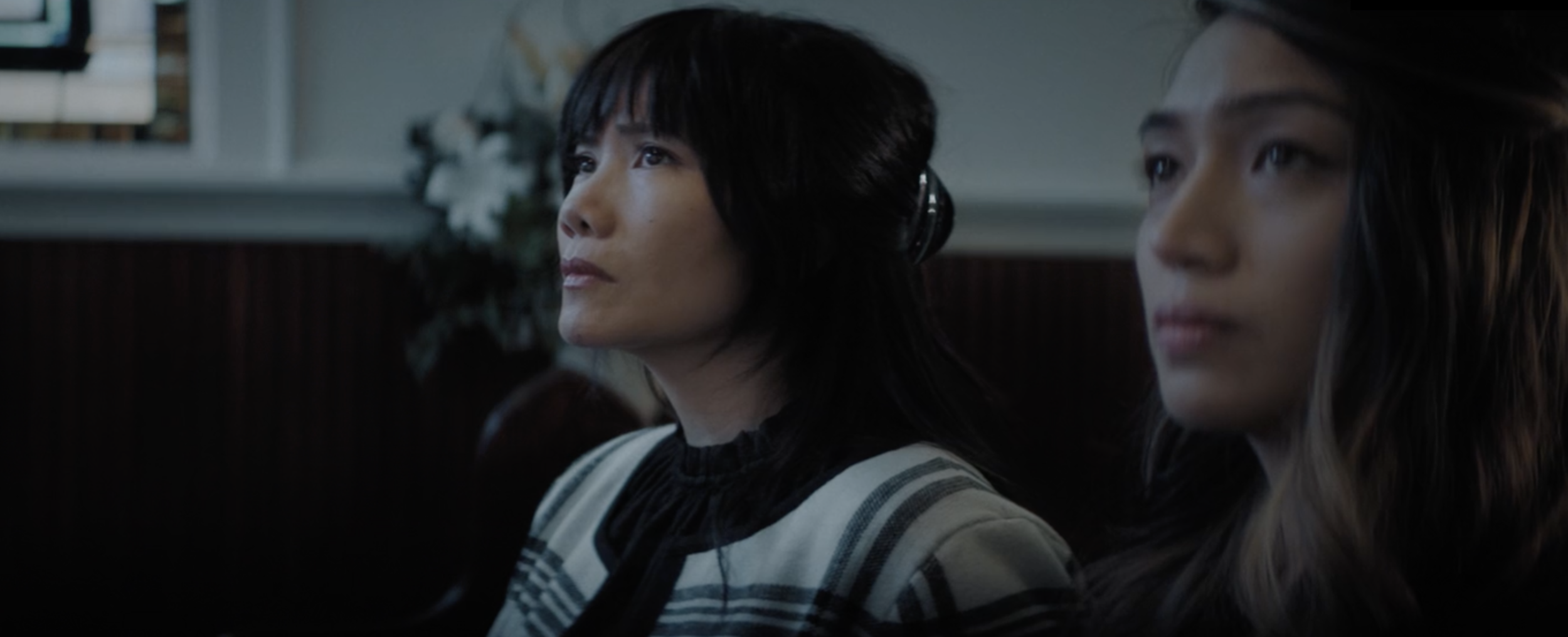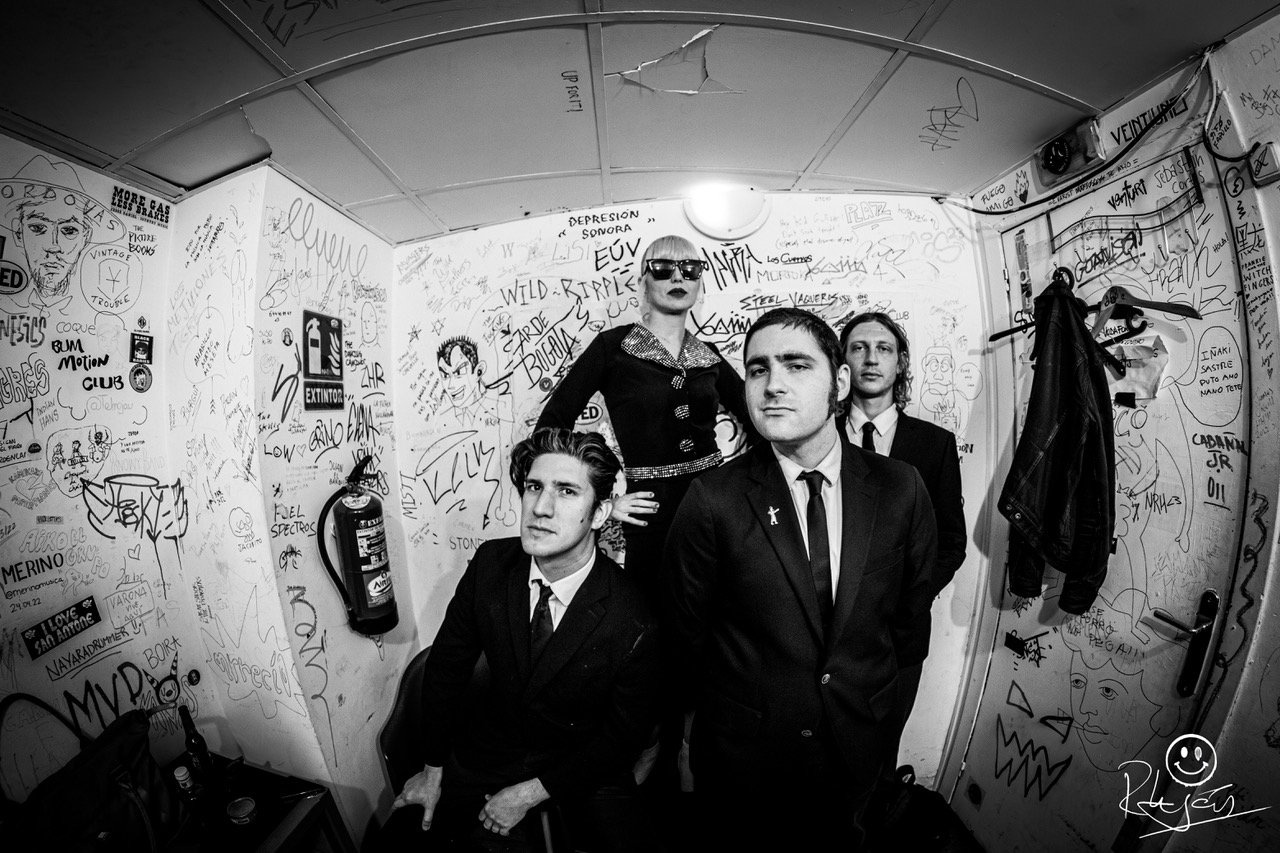The Girl Who Left Home

For the Love of Family
The Girl Who Left Home is Musical Dramedy about a Filipino-American who must put her dreams aside to keep her family restaurant from eviction. Executive Producer Dylan Thai discusses his role in the film, how it depicts first-generation struggles, and why representation matters.
What is “The Girl Who Left Home” about?
The Girl Who Left Home (formally known as NanayKo) is a dramedy musical feature film written, directed, and produced by Mallorie Ortega. The story is centered around a young Filipina, Christine (played by Haven Everly) who receives a call from her Uncle Tony (played by Paolo Montalban) revealing that her father suddenly passed away after landing her first role in an Off-Broadway musical. She returns home to Maryland and discovers her family’s restaurant is on the verge of getting evicted. During her visit home, Christine struggles with pleasing her mother (played by Emy Coligado) and is conflicted to either fulfill her family legacy or to continue pursuing her dreams.
The Girl Who Left Home showcases Filipino culture through song and dance, highlighting the beauty of Maryland, and incorporating universal concepts of first-generation struggles, grief, resentment, and acceptance.
What was your role in the making of this film? Why did you want to be apart of it?
My role in this musical feature film is an Executive Producer, Wardrobe Stylist, and I appear as a Dancer in the film as well.
I jumped on this passion project with Mallorie since the first Seed&Spark campaign in the Spring of 2017. I got involved in this project to not only support my talented high school friend on her first feature, but I also saw the potential of this film making a positive impact in our society with the message it brings along with the representation. Also, it is rare to find an Asian female like Mallorie who directs, produces, and writes her own feature. I believe in her and she will go far!
Why is Asian representation and the immigrant experience in films like this one important?
Asian representation and the immigrant experience is important because there is an inadequacy in showcasing these stories and a few inaccurate representations of Asians on screen. Also, representation matters because Asian actors and actresses have very few chances to play a character that resembles themselves. Emy Coligado, who plays Mary Santos (Christine’s Mother), stated that The Girl Who Left Home is a memorable experience because this was the first time she played a role that is written specifically for Filipino women. This feeling and experience of being heard and seen should be experienced by everyone. This is why representation matters on screen. Asian representation will create inspiration and acceptance and allows the audience to see his or her self in a certain character.
How do you think “The Girl Who Left Home” will help change the cultural landscape in cinema? Do you think it will help open more doors for more Asian American films and roles?
I believe The Girl Who Left Home will inspire more Asian stories to come to life just like Crazy Rich Asians and Yellow Rose. The film has already resonated with a lot of individuals as it went to LA Asian Pacific Film Festival, CAAMFestFORWARD, and Hawaii International Film Festival. I believe more Asian artists and creatives will have more confidence to rise up to showcase their talents to the world because if The Girl Who Left Home can do it, they can too!
In your personal experience, how was working with a mostly (if not all) Asian cast and crew different from working with one that wasn’t?
The Girl Who Left Home is predominantly an Asian cast and female lead-heavy. Our crew is very diverse as well. We were able to immerse ourselves in the Filipino culture as we filmed at Mallorie’s house, her parents’ restaurant, and her relative’s house. We all automatically clicked since day one because we were able to understand one another. After 17 days of shooting, the entire cast and crew became a family.
It is quite a different experience from working on a non-Asian set because you don’t really get to witness the hospitality and culture of a specific ethnic background.
What is next for “The Girl Who Left Home”? What is next for you?
For The Girl Who Left Home, we will continue participating in festivals and acquire distribution for a worldwide release. Please follow us on social media @girlwholefthome for updates!
What’s next for me? I am currently working on my second independent feature film which is a horror genre called FACE ON as a Co-Producer. FACE ON takes a direct aim at today’s image-obsessed social media culture, with the ultimate message of self-love and human empowerment in which is not commonly seen in films today.
I am constantly looking to be involved in projects that advocate for representation, stories that are relatable and have strong and impactful messages that can make an influence on our society.
Watch The Trailer Here: The Girl Who Left Home
Dylan Thai





